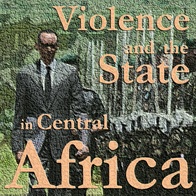
The Burundi Crisis beyond the third term (2/3): local grievances, ethnicity, and the economy
The question of the constitutionality of a third term is absolutely central in the present crisis. The protesters have repeated their view that the constitution does not allow for a third term and expressed their fear of a carving up of the 2000 Arusha Peace agreement. The issues around the third term and Arusha have been widely discussed in the media and other essays. The roundtable tried to take a slightly different viewpoint and explored the key issues of the present crisis beyond the question of the third term: local grievances and post-war reconciliation and integration, the economy (and especially agriculture and aid), and whether the “ethnic factor” is still relevant.

The Burundi crisis (1/3) : (local) forces in presence
When president Nkurunziza announced his intention to run for a third term, serious unrest exploded in the streets of Bujumbura. In the last three weeks, violent clashes with the police have triggered fears of a new civil war and destabilisation of the entire African Great Lakes region. So far, the international community has been unable to calm the situation and 100,000 Burundians have already fled the country. The Oxford Central Africa Forum hosted a round-table on the 15th of May to examine the causes of the current situation and discuss the prospects for peace and democracy in Burundi and the region. It gathered six researchers who have conducted fieldwork in Burundi. We present some of their analysis and findings here in a short series of three articles. In this first post, we explore the forces present on the ground.
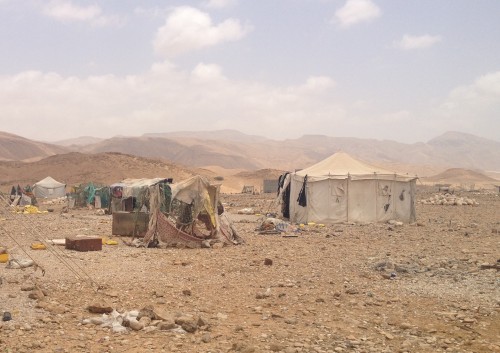
How does al-Qaeda attract Yemenis?
I recently wrote an article on the BBC website about the current situation in Yemen. As the recent experience of several Middle Eastern countries has shown, when governments break down, terrorist groups flourish. Yemen is the latest casualty. The unraveling of Yemen’s government and subsequent civil war has only increased the operational reach of al-Qaeda. A Saudi-led coalition, backed by the US and UK, is currently conducting air strikes against Yemen’s Houthi-led rebels. The latter swept into Yemen’s capital last September and consolidated their grip on power earlier this year assisted by former president Ali Abdullah Saleh, who maintained control of much of Yemen’s military apparatus. Ironically, this international military campaign is playing into al-Qaeda’s hands in several ways: by targeting al-Qaeda’s own domestic enemies; by employing sectarian rhetoric that plays up Sunni-Shi’ite fault lines previously insignificant in Yemen; by destroying Yemen’s military hardware that had been used against al-Qaeda; and by enabling al-Qaeda to exploit the lawless war-torn environment to expand its influence and build alliances among southern and eastern tribes to combat the mutual Houthi foe.
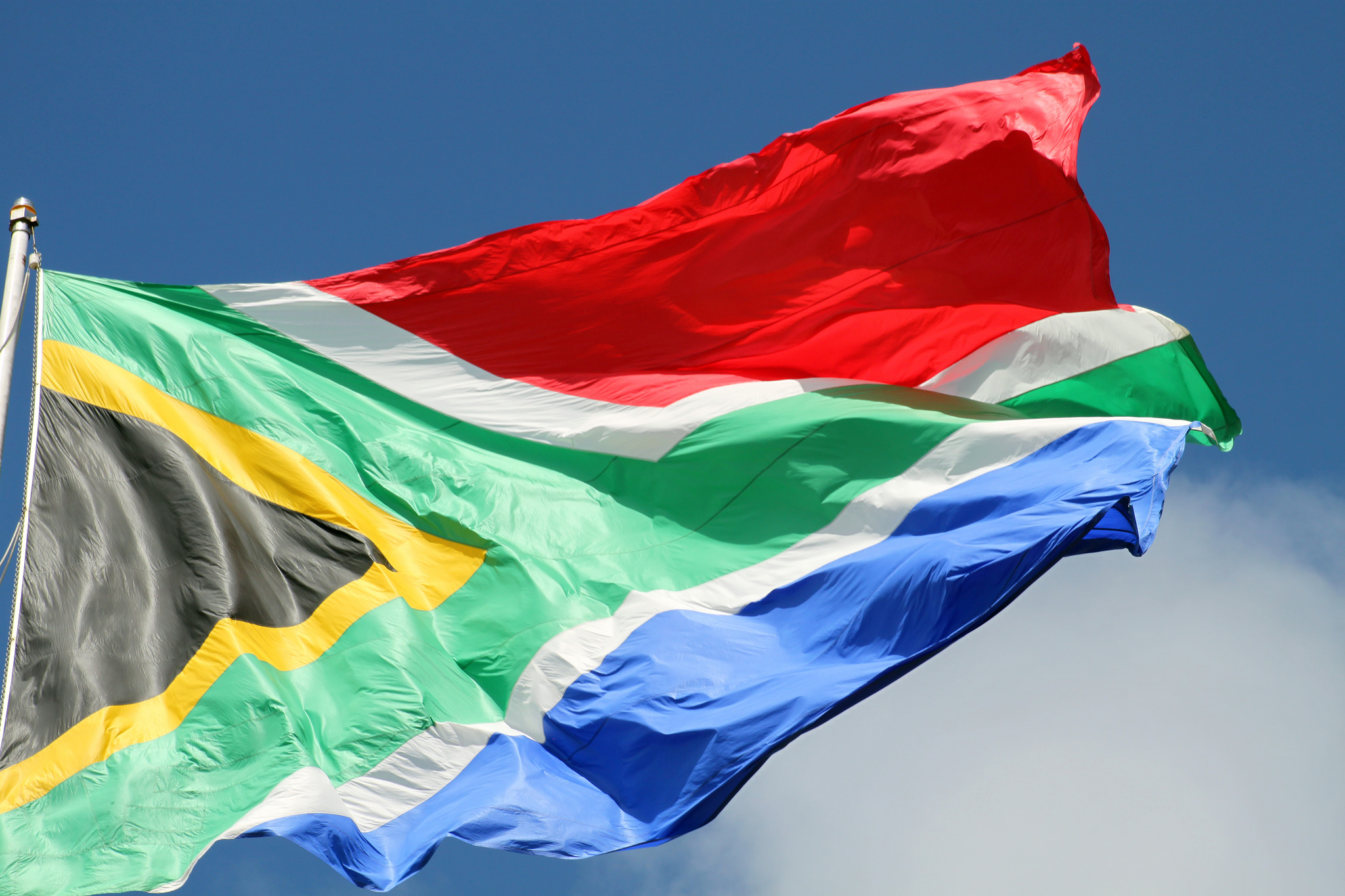
Xenophobia and the elusive Pan African dream
It is hard not to be depressed about the news over the last couple of weeks.
I am writing from South Africa where I am visiting some colleagues at the University of Cape Town. Last month the media was dominated by the xenophobic violence that has resulted in the deaths of seven people and the injury of many more.
Hundreds of foreign-owned shops and businesses have been destroyed, and thousands of people have been displaced.
It is unclear exactly what triggered this first wave of attacks on people from other African states, which spread from Durban to the country’s economic capital, Johannesburg.
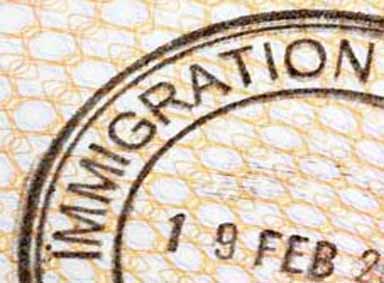
Borders and Barriers: Migration and Economic Exclusion
The search for a better life (sometimes couched in terms of freedom of religion) prompted migration from Europe to the new world in the seventeenth and eighteenth centuries. The ancestors of many North Americans, Australasians and white Africans or South Americans were hailed as pioneers, pilgrims and founding fathers despite the devastating consequences of their arrival on indigenous people. The settlers brought others too: Slaves from Africa or the East Indies, indentured labour from India and voluntary migrants came from the near and far East seeking greener pastures. Global mixing began centuries ago and the world has struggled with multi-culturalism and immigration since. The pursuit of ethnically pure societies is a mirage. The developed countries have multi-generational ethnic minorities from former colonies and everywhere else. Latin America and Africa are dotted with diaspora from the West and the East as well as mestizo groups. Migration continues unabated by borders and exploded on our television screens recently because of two catastrophic events: The sinking of a dingy in the Mediterranean which killed over 900 migrants and a second wave of xenophobic violence in South Africa which resulted in murder, looting and the expulsion of “foreigners” from their homes. Ironically, these events are the consequence of European state centred policy to cut back on rescue missions and anarchic but contagious violence in South Africa, where the state appears complicit by its impotence (until very recently when the army was deployed to protect foreigners).
Poor African migrants have two choices: Head north to Europe or south to South Africa, the largest economy on the continent. Both the governments of Europe and the poor citizens of South Africa cynically believe that danger will deter immigration. People will think twice about crossing the Mediterranean if the risks of drowning or deportation are great enough. Similarly, Mozambicans and Zimbabweans will leave South Africa and others will stop coming if the probability of being killed or dispossessed is greater. “They” need to get the message that “we” don’t want them, we have too many pressures coping with our own problems. Right wing parties in Europe and King Goodwill Zwelethini in South Africa have stoked the flames of intolerance and fear, turning public opinion against migrants so fiercely that the bounds of morality and humanity are being tested. Yet Italy and Greece are overwhelmed and the migrants who have fled South Africa will return when the situation calms down and more will still come. Danger does not deter when desperation is sufficient or when the danger of staying surpasses the danger of leaving. The people who risk everything to come to Europe or South Africa are driven by more than greener pastures; they feel that their survival depends on escape. Some are asylum seekers fleeing from conflict or ethnic cleansing but others are as desperate for work and a future.

Trading Water: Could Markets Be One Solution to California’s Water Woes?
Drought-stricken California is taking unprecedented measures to address its water challenges.
In April, the governor issued the first mandatory statewide water use restrictions in California history, after snowpack in the Sierra Nevada Mountains—which provide 60 percent of the state’s water—fell to the lowest levels ever recorded. San Diego County is building the largest seawater desalination plant in the Western hemisphere, while Orange County plans to turn more wastewater into drinking water.
The solutions are significant because the drought has been exceptionally severe. It currently affects over 99 percent of the state and approximately 37 million people. In 2014, the state agriculture industry lost roughly $2.2 billion to drought, and some California communities even ran out of water.
One solution California may consider is whether more efficient, user-friendly water markets would help water users adapt more quickly to drought conditions, and better cope with long-term water scarcity stemming from climate change and increased water demand.
California has active water markets, but buying and selling water (and water rights) there is not as simple as in Australia, where it is said to be “almost as easy to sell water from your water bank account as it is to transfer money from a normal bank account.” The Australian model could be useful for California because Australia recently emerged from a decade-long drought, during which it pioneered water policies that attracted interest from water-scarce countries around the world.
Why is water trading easier in Australia? One reason is that Australia’s water rights system has been made relatively simple and predictable. It is designed so that rights holders can generally expect to receive a certain percentage of their water every year, based on the type of water right they hold. This makes water rights’ value easier to determine; the water rights transfer process is also less onerous.
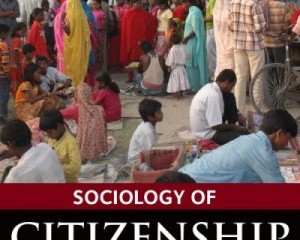
Between Nation-State and Ummah’s Appeal: The contradictions of Islamism in contemporary India and Bangladesh
Generally, Islamists believe in the Universalist concept of Ummah (Islamic community of believers), a supranational or transnational union. The Islamists’ call for unity of the Ummah is based on the belief that Muslims throughout the world should have a sense of solidarity among them cutting across the borders of the nation-state. In this respect, Islamism has justifications to oppose the concept of the nation-state. The Islamist ideologue Maududi (1993) was opposed to the idea of the nation-state, and citizenship based on nationality, considering nationalism to be divisive and as such incompatible with Islam (Maududi 1992).
Conceptually, ‘Ummah’ incorporates the Muslim community in the world as a whole. Therefore, Islamism always tries to claim itself as a ‘mass ideology’ instead of a ‘class one’. For a mass ideology, it asserts the unity of ‘Ummah’ where persons across class, national, linguistic and gender divides can become a part. As an effective tool of political mobilization, the universal concept of Ummah is absolutely crucial in Islamist political ideology. In Laclau’s (1996) terms, one can argue that in Islamist politics, Ummah acts as an ‘empty signifier’ around which different particularities are organized to claim a common universal identity. The idea of Ummah provides the ground for Islamists to take the challenge of rallying the entire Muslim community under a single political project, a project I call Islamist populism.

Afropolitanism: Global citizenship with African routes
Diasporas and other transnational communities have become particularly useful case studies for scholars interested in stretching and challenging mainstream conceptions of citizenship. It is now widely accepted that for many people around the world, physical location and formal legal citizenship may not be the most salient forms of social, political or economic affiliation. As the process of globalization continues to expand, more and more people find themselves in one place, while their lives are structured and oriented by connections to one or several other places. Some of these ‘places’ are other nation states, such as an ancestral country of origin. However, many such ‘places’ exist extraterritorially as abstract yet powerful expressions of identity, community, and belonging.
Enter Afropolitanism.
In 2005, Taiye Selasi authored a short piece for The Lip Magazine titled ‘Bye-Bye Babar (or: What is an Afropolitan?)’. In it, the British-born, American-raised, writer of Nigerian and Ghanaian origin, formulated a definition and vivid depiction of an ‘Afropolitan’, one that has become the reference point for many enthusiasts and critics alike.









